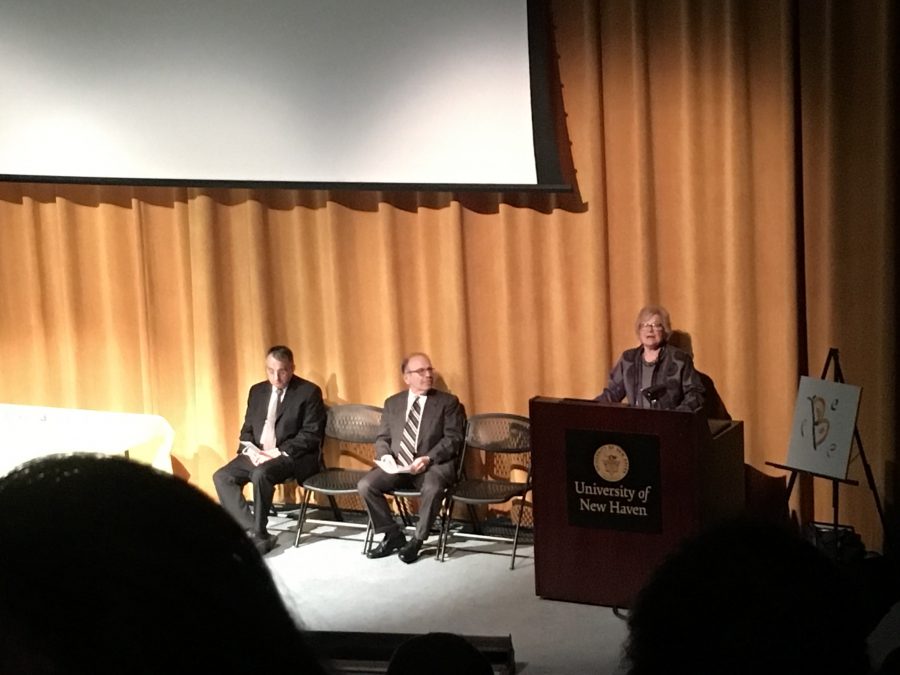PARIS – He’s an Egyptian culture minister who once threatened to burn Israeli books — and he might soon become the face of the United Nations’ arm for learning and culture.
Paris-based UNESCO began voting for its new secretary-general on Thursday in secret balloting that could take days and go up to five rounds. There was no clear-cut winner, and a new vote was due on Friday.
Farouk Hosni, a painter and Egyptian culture minister for over two decades, is considered a leading candidate, despite the concerns of activists who question whether he would deal fairly with Israel and whether a man who oversees censorship at home should be entrusted with high international office.
There are eight others running for the four-year term, including European Union External Relations Commissioner Benita Ferrero-Waldner. Many UNESCO members, including the United States and France, have not officially stated their favorites.
Hosni is often cited as the front-runner because he has support from the Arab League, the Organization of African Unity and the Organization of the Islamic Conference — though countries belonging to those groups aren’t bound by those endorsements. The winner needs 30 votes from the agency’s 58-seat executive board.
Whoever wins, UNESCO’s newly restored reputation is at stake. The organization was troubled by cronyism and mismanagement until the current leader, Koichiro Matsuura of Japan, was elected in 1999. His work helped lure back the United States, which had quit UNESCO in 1984, calling it corrupt and anti-Western.
UNESCO, or the U.N. Educational, Scientific and Cultural Organization, has never had a leader from the Arab world since its founding in 1945. Egypt has been pushing Hosni’s candidacy hard, and when Israel dropped its objection, it seemingly cleared a path for him.
Yet Hosni has for months been fighting accusations of anti-Semitism. He has apologized for his famous book-burning threat last year, saying it was off-the-cuff and should be viewed in the context of his anger at the suffering of the Palestinian people. In 2008, speaking before Egyptian lawmakers and trying to defend himself against charges of being soft on Israel, he vowed to burn any Israeli books in Egypt’s famed Library of Alexandria.
Asked Wednesday by France 24 television if he was anti-Semitic, Hosni responded, “Of course not.” As one example of his open-mindedness, he said he had restored the country’s synagogues.
The theme of his candidacy is reconciliation, Hosni said, “between religions, between mankind and nature, and of course reconciliation between all those who are divided.”
It can be hard to pin Hosni down — to survive so long in an authoritarian nation like Egypt, he has had to please both liberals and conservatives. Last year, he criticized the prevalence of the Muslim headscarf as a sign of “backwardness.” But for the benefit of Egyptian Islamic hard-liners, he has implemented censorship of some books and movies.
Hosni’s critics say that when he decided to seek the UNESCO post he changed his tune for the international community. In April, for example, Hosni dropped his steadfast opposition to cultural normalization with Israel and backed the invitation of Israeli conductor Daniel Barenboim to Cairo.
“It’s not on the eve of an election that one can change one’s whole personality and one’s whole approach to life,” said Shimon Samuels of the Simon Wiesenthal Center in Paris, who says Hosni’s election would “sink” UNESCO.
Many Jewish activists, including Samuels, say the book-burning comment was far from Hosni’s only transgression. Nobel laureate Elie Wiesel, French philosopher Bernard-Henri Levy and filmmaker Claude Lanzmann wrote a protest letter listing comments they took issue with, including Hosni’s 2001 description of Israeli culture as “inhumane” and “racist.”
Yet Hosni has convinced at least one influential Jewish activist of his sincerity — Nazi hunter Serge Klarsfeld.
“Mr. Hosni has shown his repentance for comments that were unacceptable,” Klarsfeld said, adding that Hosni, at his request, wrote a statement decrying Holocaust denial. Klarsfeld said he would welcome a leader from Egypt, “a country that played an important role in civilization, and today.”
___
Associated Press Writer Sarah El Deeb in Cairo contributed to this report.




